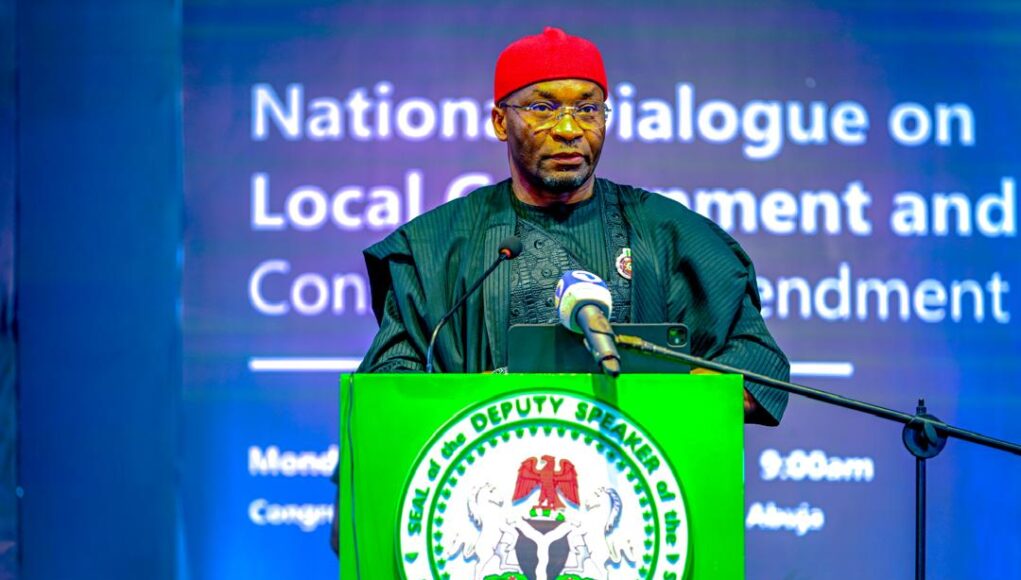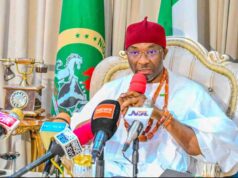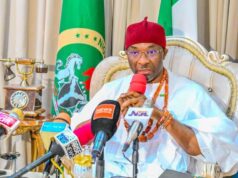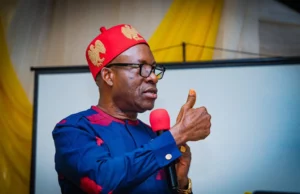The Deputy Speaker of the House of Representatives has called for urgent and actionable reforms to strengthen local government autonomy in Nigeria.
Speaking at the National Dialogue on Local Government Reform, the Deputy Speaker underscored the critical role of local governments as the closest tier of governance to the people, emphasizing their importance in delivering essential services, promoting democratic participation, and fostering inclusive development.
The dialogue, supported by the Policy and Legal Advocacy Centre (PLAC) and the UK Foreign, Commonwealth, and Development Office (FCDO), serves as a platform to address the challenges facing local governments. The Deputy Speaker commended these organizations for their efforts in strengthening Nigeria’s governance framework through their partnership with the House Committee on Constitution Review.
Challenges Facing Local Governments
The Deputy Speaker highlighted the pressing issues that undermine local governments’ effectiveness, including limited autonomy, constrained financial independence, and weak administrative capacity. He referenced the recent Supreme Court ruling mandating democratic elections for local government councils and the direct allocation of statutory funds to them as a significant step forward. However, he cautioned that systemic reforms are necessary to realize the full potential of this judgment.
Key Areas of Focus
The dialogue aims to address critical issues such as:
- Financial and administrative autonomy for local governments.
- Constitutional amendments to enshrine local government independence.
- Mechanisms to enhance accountability and service delivery at the grassroots level.
The Deputy Speaker stressed that achieving these reforms requires a collaborative approach involving federal and state governments, lawmakers, judicial bodies, civil society organizations, traditional leaders, and local communities.
Role of the Legislature
As a member of the Constitution Review Committee, the Deputy Speaker reiterated the commitment of the House of Representatives to driving meaningful reforms. He highlighted ongoing engagements with key stakeholders, including the Nigeria Governors’ Forum (NGF) and the Conference of Speakers of State Legislatures, to build consensus on constitutional amendments aimed at empowering local governments.
Call to Action
The Deputy Speaker urged participants to approach the dialogue with a shared sense of purpose and a commitment to democratic ideals, accountability, and service delivery. He called for actionable solutions that would ensure no community is left behind in the pursuit of progress and sustainable development.
He concluded by emphasizing the moral imperative of reforming local governance, stating that empowered local governments are essential pillars of democracy and agents of sustainable development.
The dialogue marks a significant step toward laying the groundwork for transformative reforms that could reshape local governance in Nigeria. Participants were encouraged to collaborate and ensure that the outcomes of the discussions resonate across the nation.










